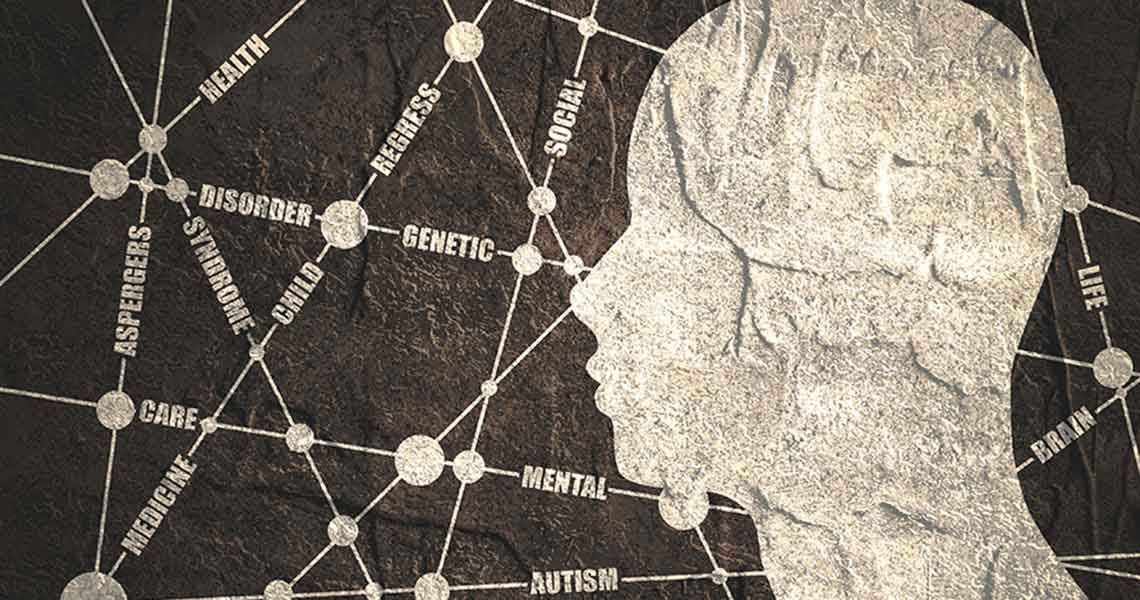A new lecture series from the Autism and Neurodevelopmental Disorder Institute (ANDI) at the George Washington University (GW) aims to connect researchers, faculty members, and students from across the university whose fields of expertise are relevant to the study of autism.
“ANDI aims to study autism across modalities such as behavior, physiology, neural processing, and genetics,” said Gabriela Rosenblau, PhD, post-doctoral associate at ANDI. “With this series, we would like to promote an interdisciplinary approach to autism research.”
Lectures will be held on a bi-weekly basis, Thursdays from 11 a.m. to noon, at District House on the GW Foggy Bottom Campus; the next lecture will occur on March 1. The series will both showcase research conducted at ANDI and the work developed by experts in the field, who will present on topics such as genetics, clinical psychology, and developmental and cognitive neuroscience.
During the first lecture of the series, Rosenblau discussed efforts to understand sensory hypersensitivities in children with autism spectrum disorder to facilitate early diagnosis. Currently, researchers can only reliably assess autism in kids age two and older.
“My question is: How can we detect autism signs earlier, and how can we facilitate interventions earlier?” she said. To answer that question, Rosenblau is studying brain function using imaging techniques to help detect differences between children at risk for autism and children with a low risk.
One of the ways to uncover those differences is through habitation, or the diminishing of a physiological or emotional response to a frequently repeated stimulus. Studies have shown that there is reduced habituation in individuals with autism, Rosenblau explained.
The hypothesis explores whether a high rate of habituation is displayed in typically developing children and at a lesser extent in kids with autism, she said.
To test this theory, Rosenblau has children watch videos during which a beeping noise sets in. Participants who habituate will be able to tune out the beeping out after a while. However, children with autism may not habituate to those sounds and thus may become overwhelmed by competing sources of information. That makes it hard for a child to focus on one sound at a time.
Videos of unexpected events also are a way to test habituation. One clip Rosenblau uses features a live-action jack-in-the-box that pops up to surprise the children. Those who can habituate will no longer be surprised by that action after a couple viewings.
“People are striving for earlier interventions because earlier intervention means improved symptom severity and long-term outcomes,” said Rosenblau. “The hope is that we would find mechanisms that can’t serve as markers for autism pre-diagnosis; to have a measure of risk for a neurodevelopmental disorder and then the ability to intervene.”



